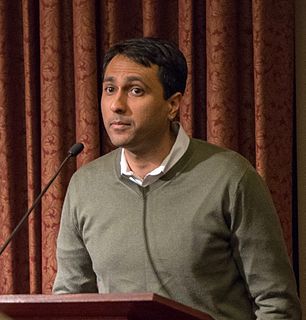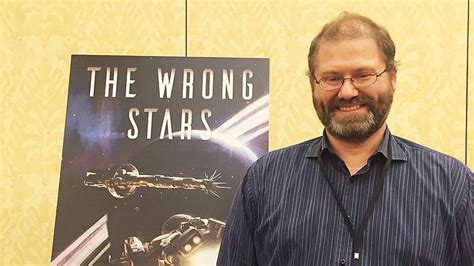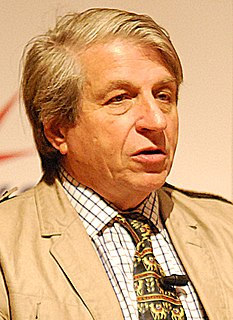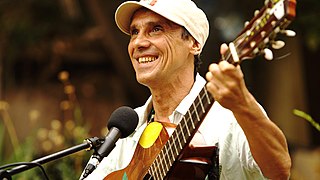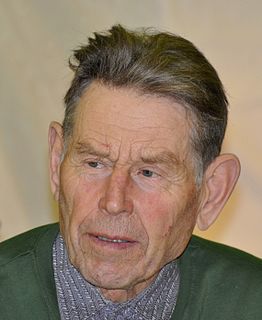A Quote by Margo Jefferson
The world I grew up in had both a literal and mythological quality. We were on the borders of several worlds - the larger black world bordered us on one side. More distantly, there was the larger white world. We interacted with some, but not others. If you think of it as an internal geography, it is a land, a contested space with these very charged historical, cultural, and emotional borders.
Related Quotes
The world's geography is not realistic. Geography is not real. Borders are only closed to people but they are open to products. There is another type of geography outside of this matrix. Because of this we noticed we were talking about much more than just Latin America. That was very important to put the film on another level. Based on this idea, we knew that we were not in this world any longer.
The totalitarians in the world are very, very small. Only the smallest part of humanity wishes and acts upon the destruction of others. The pluralists are far larger. Those of us who believe in a world where we live together - we're far larger. The problem is we haven't made our case compelling across the world yet.
To be sure, many of the Sykes-Picot borders reflected deals cut in Europe rather than local demographic or historical realities. But that hardly makes the Middle East unique: Most borders around the world owe their legacy less to thoughtful design or popular choice than to some mixture of violence, ambition, geography, and chance.
9/11 was a signal that we were living in a new world - a world of interdependence, a world in which people could attack the United States not from the outside, but from the inside. It was a sign that the United States, the most powerful country in the world, could watch the cathedral of capitalism at the Trade Center and the heart of its defense at the Pentagon be struck internally, not really across borders, so that borders don't matter anymore.
In an ideal world, you could reunite the Pakistan-occupied part of Kashmir with the Indian-occupied part and restore the old borders. You could have both India and Pakistan agreeing to guarantee those borders, demilitarise the area, and to invest in it economically. In a sane world that would happen, but we don't live in a sane world.
There are innumerable worlds of different sizes. In some there is neither sun not moon, in others they are larger than in ours and others have more than one. These worlds are at irregular distances, more in one direction and less in another, and some are flourishing, others declining. Here they come into being, there they die, and they are distroyed by collision with one another. Some of the worlds have no animal or vegetable life nor any water.
There were a lot of apocalypses that didn't make it into this assemblage because they didn't suit the world. And defining that world and figuring out what its wobbly borders were was a long-term and exhaustive process. I had all of these different ways of categorizing the apocalypses I had made. I had a period of time where I cut them up.
China had never had to deal in a world of countries of approximately equal strength, and so to adjust to such a world, is in itself a profound challenge to China, which now has fourteen countries on its borders, some of which are small, but can project their nationality into China, some of which are large, and historically significant, so that any attempt by Chinese to dominate the world, would involve in a disastrous for the peace of the world.
Finnish forests: Let us remind the satellite pictures of the 1970's winter in which the old forest appeared black and young forest and cut downs white. Already then the Finnish borders were like drawn on the map: White Finland between black Karelian and black Sweden. Finnish Forest Research Institute hicced up some time and then decided that the pictures are fake.
I would say I'm black because my parents said I'm black. I'm black because my mother's black. I'm black because I grew up in a family of all black people. I knew I was black because I grew up in an all-white neighborhood. And my parents, as part of their protective mechanisms that they were going to give to us, made it very clear what we were.


